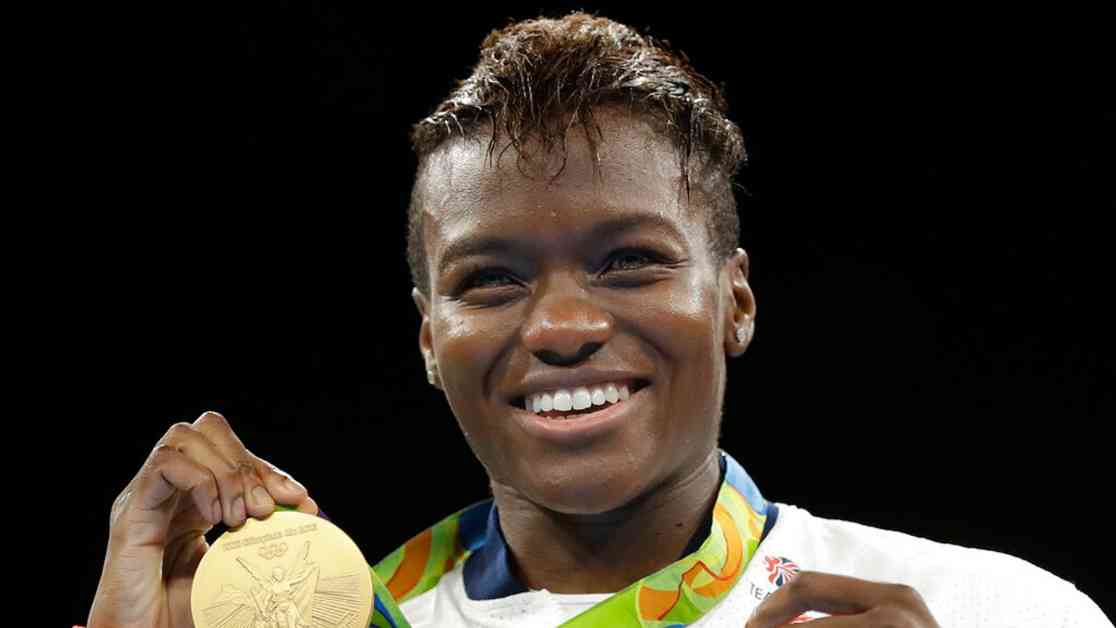At the Paris Olympics, the issue of gender equality has come into the spotlight following a controversial incident involving Italian boxer Angela Carini and Algerian boxer Imane Khelif. Double Olympic gold medallist Nicola Adams shared her thoughts on the matter, expressing her concerns about the fairness and safety of the fight.
Carini withdrew from the match against Khelif after just 46 seconds, citing the intensity of the punches she received as the reason for her inability to continue. This decision raised questions about the eligibility of Khelif, who had previously failed a gender test conducted by the International Boxing Association (IBA).
While the exact details of Khelif’s disqualification remain unclear, the IOC has emphasized that athletes’ genders are determined by their passports. The IOC criticized the IBA for its abrupt decision to disqualify Khelif and another boxer, Lin Yu-ting from Taiwan, without following due process.
The controversy surrounding Khelif and Lin’s disqualification has sparked concerns among female competitors about the balance between inclusion, fairness, and safety in sports. UK culture secretary Lisa Nandy highlighted the complexity of biological issues in determining gender eligibility for competitions.
Despite the IOC’s assurance that Khelif and Lin are women based on their passports, the situation has raised questions about the transparency and consistency of gender eligibility testing in sports. The IOC’s decision to take over the boxing competition from the IBA in 2023 further adds to the uncertainty surrounding the issue.
As Khelif prepares for her next fight against Hungary’s Anna Luca Hamori, the focus remains on ensuring a level playing field for all athletes at the Paris Olympics. The incident involving Carini and Khelif serves as a reminder of the challenges and controversies surrounding gender equality in sports.












